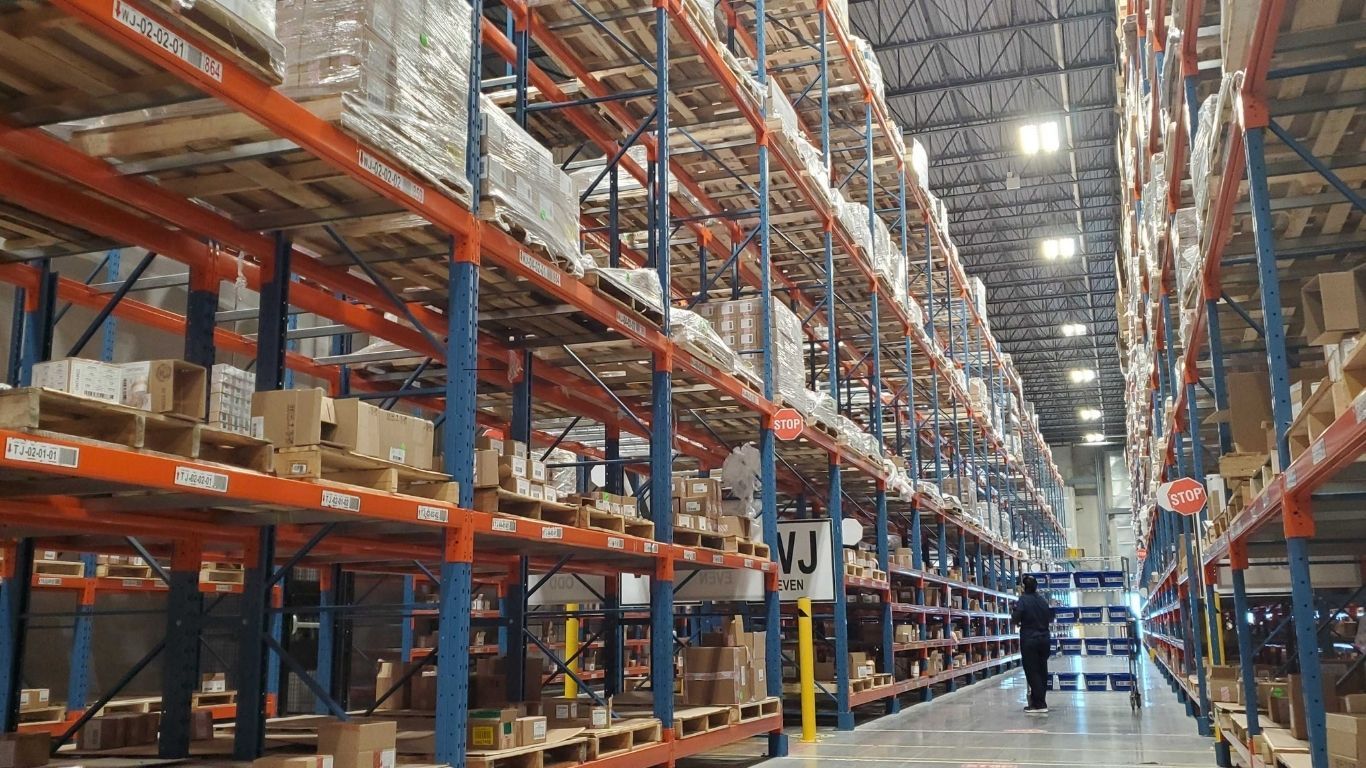
An Ontario Superior Court Justice has granted an injunction to two medical cannabis growers after their township tried to shut them down.
The property in question is in an industrial area in Mount Forest, about a two-hour drive outside of Toronto, where two individuals were authorized to grow cannabis for themselves and one other patient under the federal cannabis regulations.
After inspecting their grow facility in August 2021, their local township (Wellington County North) informed the two growers that their site was not zoned for cannabis production because it was zoned industrial and ordered them to cease their operations.
Rather than follow this order, they took the case to court seeking relief, arguing that the site is already zoned to allow for indoor medical cannabis production and that they would suffer “irreparable harm” if they were to no longer have access to their medical cannabis.
The judge agreed with the patients, granting them the ability to stay at their current location while their application is formally reviewed in February 2022.
2 growers, 3 patients and 1,400 plants
The two individuals are authorized to 1,402 cannabis plants in total together, where the applicant grows medical cannabis for herself and her brother, and the second patient grows only for themselves.
The two say they use medical cannabis in flower, oil, and cream form for pain management and require between 90 and 99 grams of cannabis a day for this purpose. One of the applicants who is authorized to use five grams of flower, 20 grams of oil, and 65 grams of cream a day for medical purposes argues such products would cost $4,000 a day or $1.4 million a year if they were purchased through the Ontario Cannabis Store.
The property
The property was purchased by one of the patients, Silvana Laska, in September 2020 and took possession in November 2020, beginning extensive renovations to the site without the proper building permits. The Township of Wellington County North then inspected the site in August 2021, and the following day issued a notice to the owner that they were in contravention of a local zoning bylaw that did not allow the site to be used for agriculture.
The township then passed an interim control by-law to prohibit cannabis production until September 27, 2022, while the Township further studies the issue.
Rather than comply with this order, the two argued it violated their Section 7 Charter right to access medical cannabis.
In supporting the injunction, Justice Renu Mandhane leaned heavily on Allard v. Canada, a landmark medical cannabis decision that protected Canadian’s right to grow their own medical cannabis. The judge also noted that the property owner was actively seeking to adhere to their township’s building codes and that the city had tried to retroactively apply new zoning bylaws to the site. The judge also noted there were no allegations of criminal activity at the site and the Ontario Provincial Police were actively engaged in the application process.
The city’s ruling that the industrial-zoned area where the production facility is located is not suitable for cannabis production is interesting as other municipalities in Canada have in the past also tried to argue that indoor cannabis production is not agricultural and should in fact be undertaken in areas zoned as industrial.
The site in question involved renovations that included enhanced electrical capacity, multiple cooling units, and specialized lighting and all production was indoors and not grown on site land.
The case will be reviewed in February 2022.












